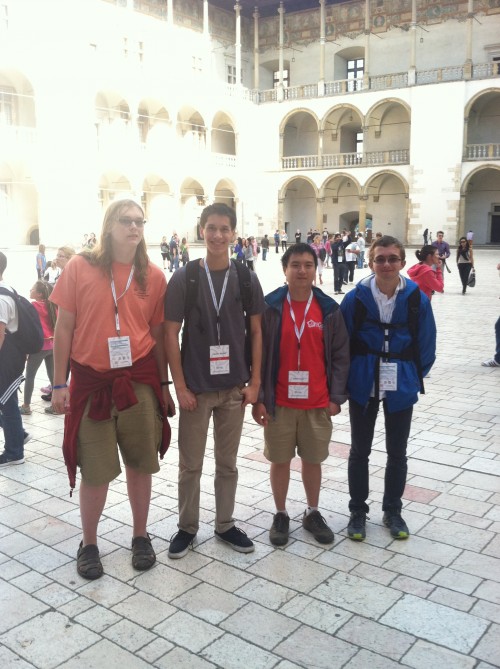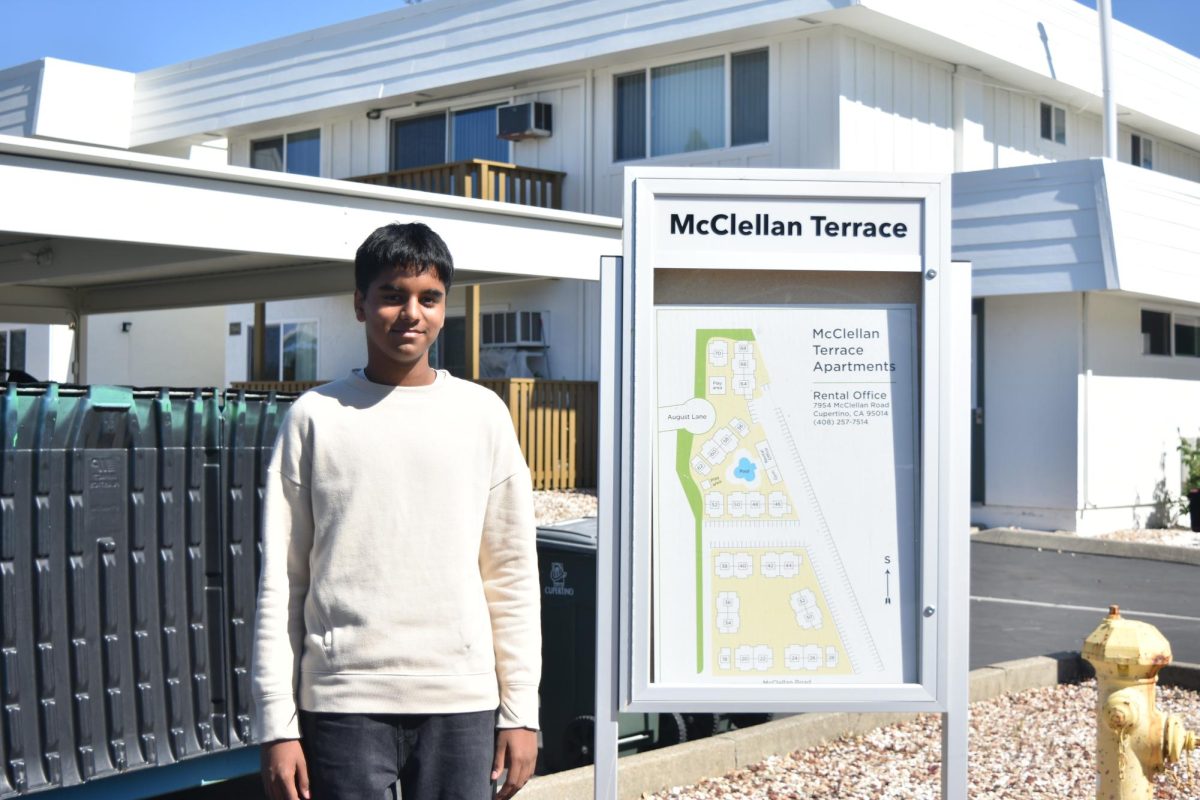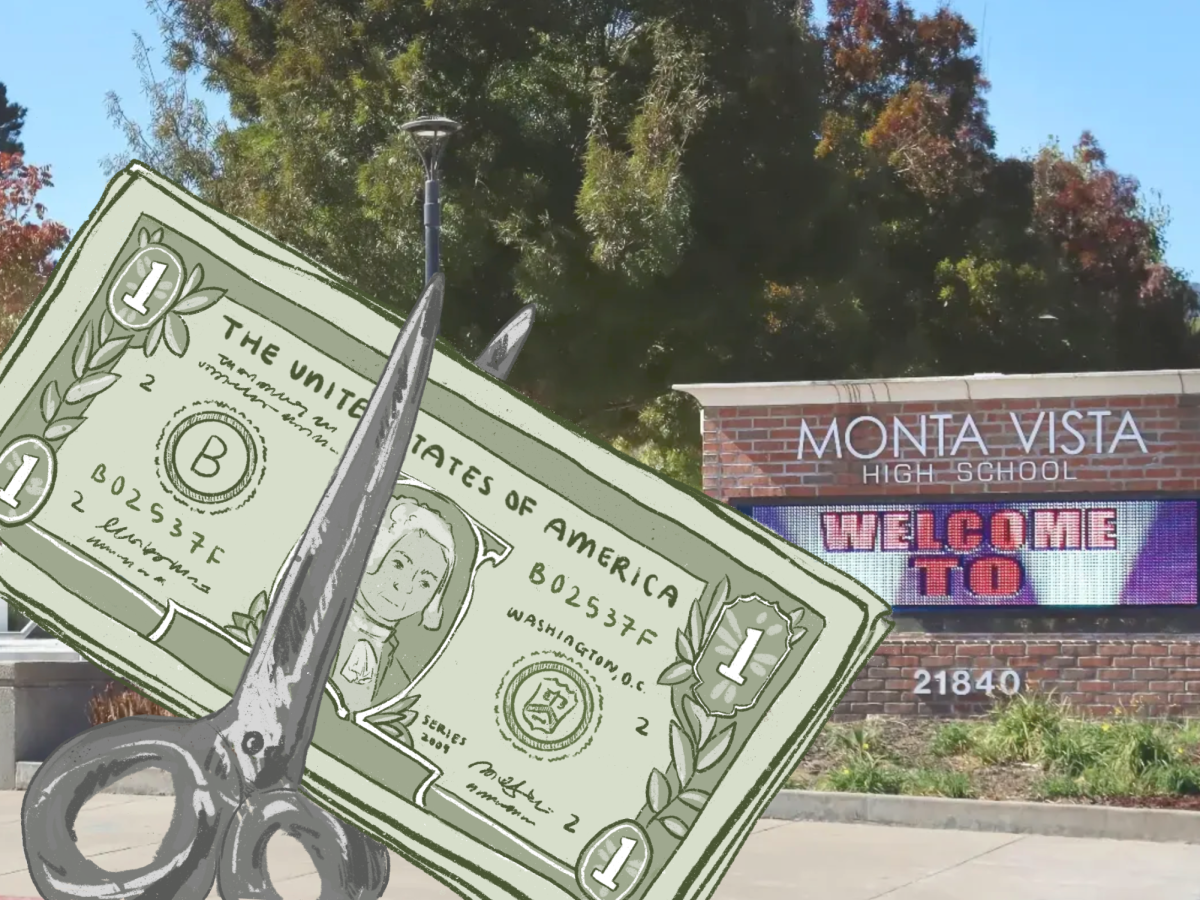Story by Vishalrathna Nagar and Lydia Seo.
When senior James Mullen applies for his future job in the computer science field, he’ll be able to point out something unique to his interviewers. Mullen can attest to knowing the details of Google Maps; he won the 2014 International Geography Olympiad.
It all began in the sixth grade, when Mullen’s love for geography was kindled. For most people, geography was just another school subject. For Mullen, it was more than that — it was the idea that one did not have to go to a country to learn about the country itself. It was the idea that a map could show a person more things in a small amount of time than they could see in person.
Unfolding the maps
Although Mullen was impressed by the world his whole life, it was during sixth grade that his interest took off and he competed in his first geography competition. From Aug 12-18, Mullen competed in the 2014 International Geography Olympiad, held in Krakow, Poland. The competition hosted teams from 36 countries, each comprised of four members ranging from ages 15 to 19. Mullen placed first individually and fourth as part of Team USA, his victory making him the first American to win the Olympiad.

Senior Jeremy Wang, who has known Mullen since middle school, is aware of the extent of Mullen’s passion for geography.
“His studying is fun studying,” Wang said. “His studying is the equivalent of watching TV, for him.”
Mullen continued pursuing his interest throughout middle school and high school. History teacher Robyn Brostowicz, who taught Mullen’s World History class in his sophomore year, recalls Mullen’s talent in geography.
“At the beginning of the year, I have students draw the world according to what they remember and I give them a list of countries to start adding to their world,” Brostowicz said. “The majority of the students struggled desperately, and their world was very off-kilter, but [Mullen] certainly was able to put things in the right location quickly.”
Journey to Krakow
After qualifying at the Geography Olympiad regionals through a test taken at Saratoga High School in January this year, Mullen moved on to nationals in Washington, D.C. He passed, having correctly answered at least 40 out of 50 multiple-choice questions and a quiz bowl test to claim his place on Team USA and fly to Krakow.
The Olympiad was divided into three sections: a written response test, a multimedia test and a fieldwork exercise. The written response test consisted of six topics, while the multimedia test involved answering multiple-choice questions. The fieldwork exercise, however, was focused more on observations, mapping, analysis, and problem solving skills.
“[The Olympiad] really focused on the concepts of geography and how you could connect it to other fields and apply it in the real world,” Mullen said. “The questions could be about anything from economics to geology.”
Mullen stated that this competition was not like other competitions. Rather than studying for a test based solely on facts, Mullen was studying for a test which focused on concepts. It wasn’t about studying the capitals of countries, but about studying the big picture and understanding how geography ties into other subjects as well as our everyday lives. One of Mullen’s studying techniques is to read magazines, from which he accumulated helpful information and statistics. Another of Mullen’s techniques is to be in isolation. Mullen prefers to sit in a room by himself, blocking out the world and its distractions, because it helps him to focus more.
“I study just by reading random magazines like National Geographic or The Wall Street Journal and trying to gather as much information as possible that I could use,” Mullen said. “A lot of it was background knowledge that I didn’t specifically study for; I just read in my free time.
Although Mullen has received support from several people including his friends and family, his interest in geography has always been self-motivated. Mullen believes that the tests in the Olympiad mainly require self-study, because one must read and understand the material. Ultimately, the goal of the competition is to understand the concepts and apply them to everyday fields.
Geography in the real world
In the future, Mullen plans on majoring in computer science, although he still hopes to use geography. Mullen hopes that the knowledge that he has gained throughout his childhood can one day be used as a main part of his career.
“Geography uses a lot of computers these days, so [I would do] something like Google Maps. Lots of satellites, GIS, or global information systems. There are a lot of possibilities that you can combine the technical and the geographical knowledge,” Mullen said.







